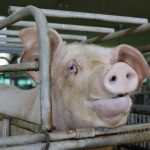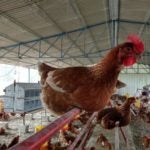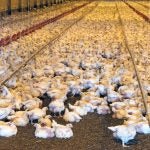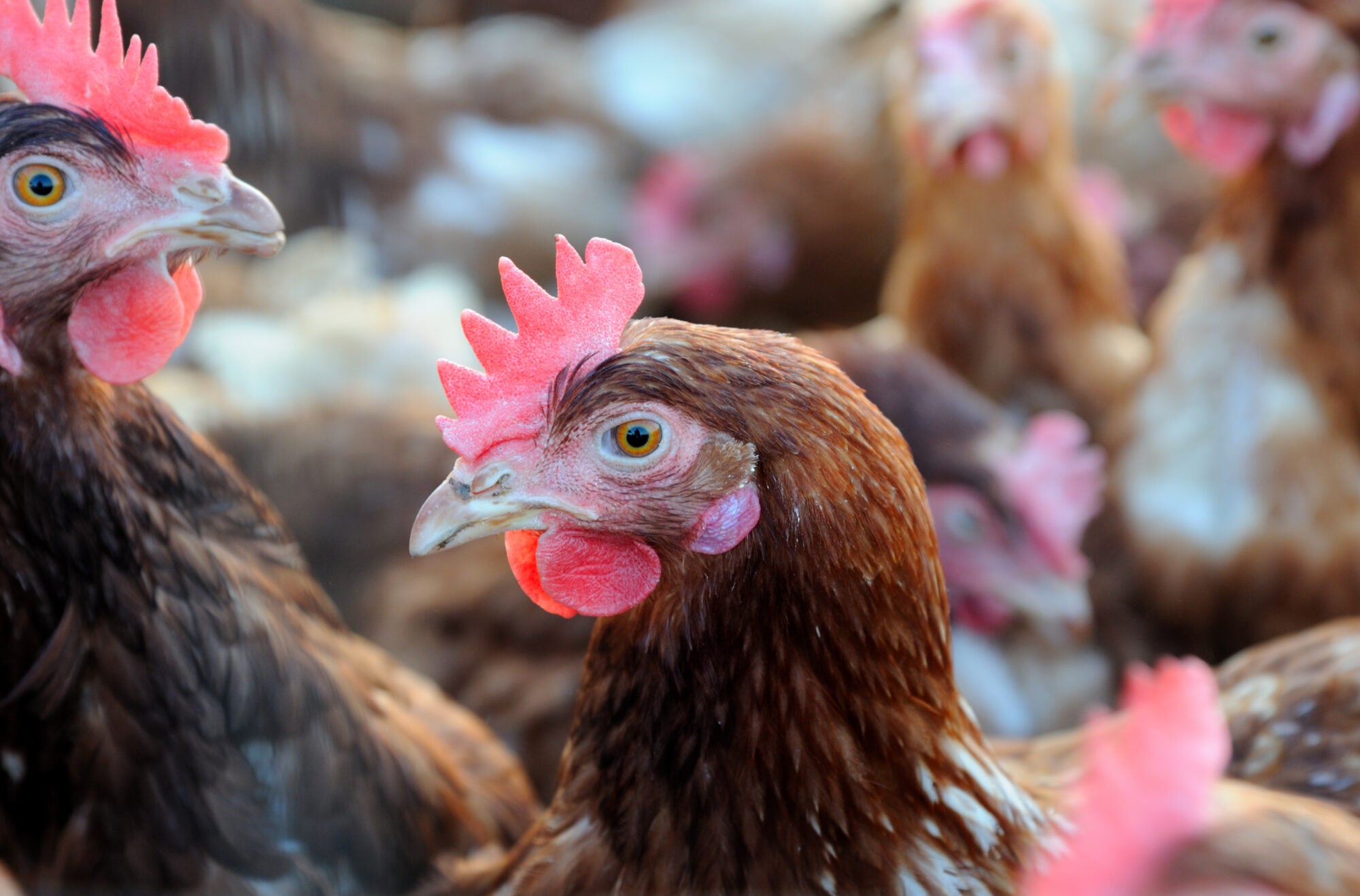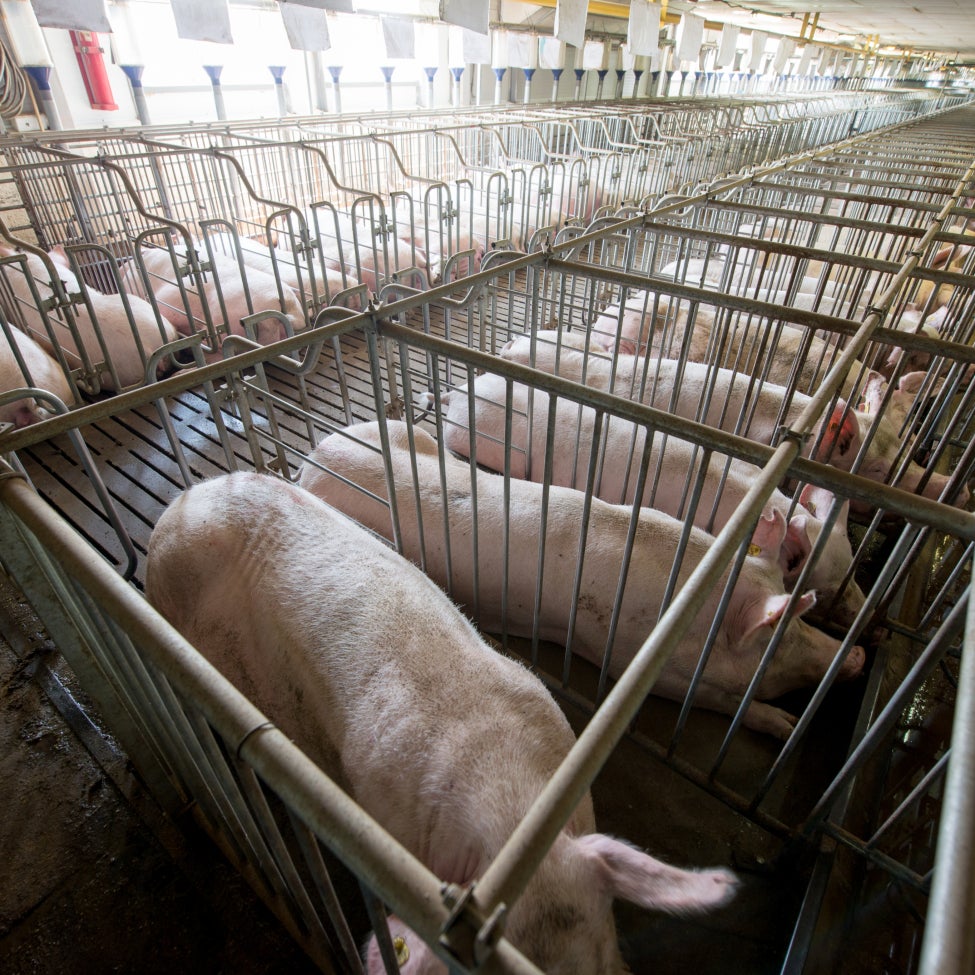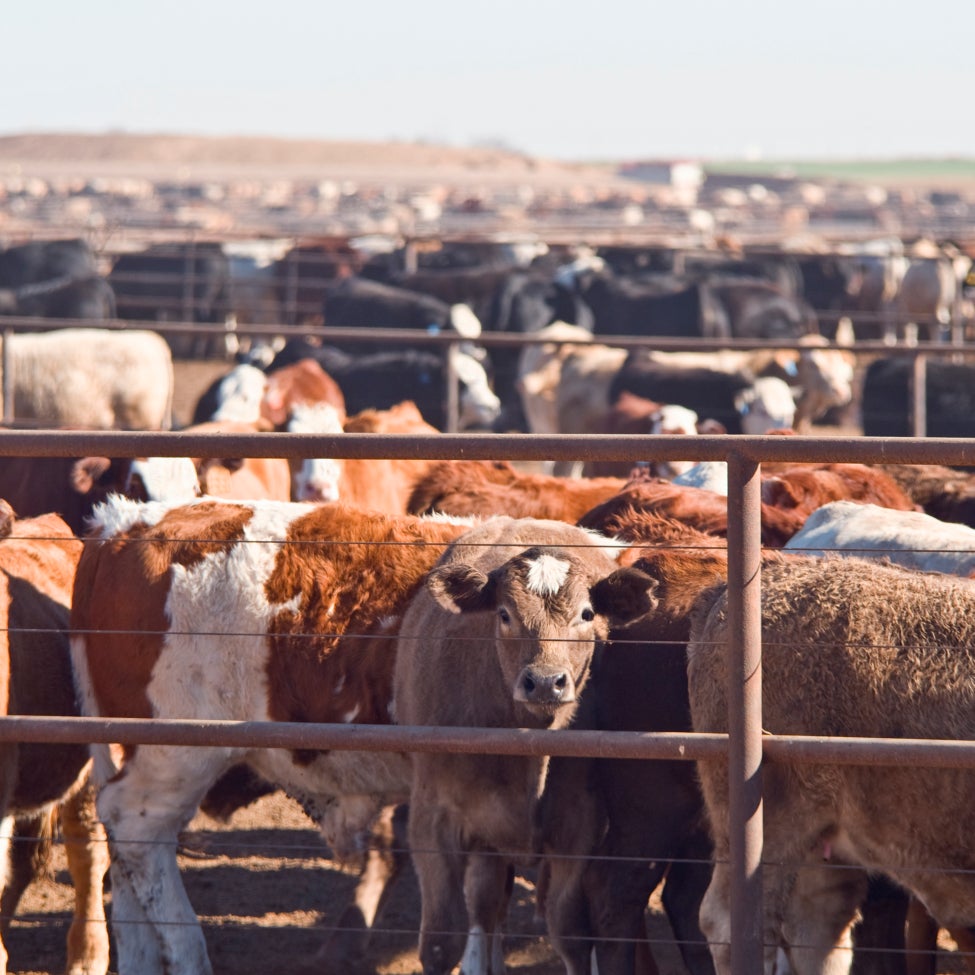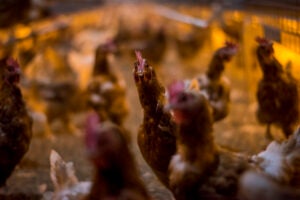
BRUSSELS—Yesterday, the European Food Safety Authority (EFSA) published its Scientific Opinions on the welfare of laying hens and ‘broiler’ chickens raised for meat production. These publications provide additional scientific underpinning to the European Commission’s existing plans to revise the EU animal welfare legislation and deliver a legislative proposal to end caged confinement for animals farmed for food. The Commission committed to the latter following the successful European Citizens’ Initiative to End the Cage Age, which garnered nearly 1.4 million validated signatures.
Humane Society International/Europe has warmly welcomed EFSA’s Scientific Opinions. Dr Joanna Swabe, senior director of public affairs for Humane Society International/Europe, said:
“We are far from surprised by EFSA’s findings. The science has never been clearer. Laying hens have complex behavioural needs, which simply cannot be met in the confines of a wire cage. Animal protection organisations and animal welfare scientists have long argued that birds need space to move with plenty of friable litter for comfort, elevated perching space for all birds and a variety of environmental enrichments to keep them stimulated. The findings are black and white, and clarify for the poultry industry why the European Commission plans to eliminate the use of enriched cages. Despite the fact that more than half of EU egg production is already cage-free, there remains an intractable segment of the industry intent on carrying on with business as usual. This is especially frustrating given that commercially viable, cage-free systems are successful around the world, on every scale from the smallest family farm to large-scale facilities producing high egg volumes for corporate buyers.”
A second EFSA Opinion also addressed the welfare of chickens raised for meat production. Swabe notes:
“Likewise, EFSA’s findings confirm that significant change is needed in the broiler chicken industry too. Conventional production methods are responsible for an array of serious animal welfare problems, including crowded, barren living conditions, painful procedures, such as beak trimming, de-toeing and de-clawing and comb dubbing, and physical and physiological problems associated with rapid growth. It is morally repugnant that we continue to breed chickens to grow so rapidly that they suffer debilitating leg disorders, and their hearts and lungs are disproportionate in size. This must change. We therefore welcome EFSA’s recommendation for a halt to further genetic selection for rapid growth and the limiting of the growth rate of broilers to a maximum of 50 g/day.”
The Commission is due to deliver its proposals to revise and expand the scope of existing EU animal welfare legislation at the end of the third quarter of 2023. Once this package of legislative proposals has been adopted, both the Council of the European Union and the European Parliament will consider and amend the Commission’s proposals under the Ordinary Legislative Procedure.
It is anticipated that there will be considerable resistance from the animal agriculture industry, as well as some Member States, to these plans to significantly improve the welfare conditions of farmed animals with attempts to weaken the plans and/or delay the phase-out of various practices. The current cost-of-living crisis and the ongoing war in Ukraine have already been used as a pretext to frustrate the Commission’s plans to green the agricultural sector.
Background information:
- The EFSA Scientific Opinions are here: laying hens and here broilers.
- In 2020, the European Commission committed to revising and expanding the scope of the existing animal welfare legislation in its EU Farm to Fork Strategy, which is a key element of the European Green Deal.
- Following the success of the European Citizens’ Initiative to End the Cage Age, the European Commission made an explicit commitment to ending the caged confinement of animals farmed for food.
- EFSA’s Panel on Animal Health and Welfare has received mandates from the European Commission in the context of the Farm to Fork Strategy to produce Scientific Opinions on the welfare of (i) animals during transport, (ii) calves, (iii) laying hens, (iv) broilers, (v) pigs, (vi) ducks, geese and quail, and (vii) dairy cows. Opinions on pig welfare and animal transport have already been delivered.
- There are more than 375 million laying hens in the European Union. Nearly 45% of these birds are still confined to enriched battery cages.
- Two Member States, namely Austria and Luxembourg, have eliminated caged confinement for laying hens entirely, while others, such as Germany, Denmark, the Netherlands and Sweden, now have fewer than 10% of their hens in enriched cages as consumers, retailers and lawmakers have recognised the need to better protect animal welfare.
- Some Member States, such as Bulgaria, Estonia, Cyprus, Greece, Hungary, Latvia, Lithuania, Malta, Poland, Portugal, Slovakia and Spain, lag far behind with between 60 and 99 percent of laying hens still being kept in enriched cages.
Media contacts: Cassie Bodin-Duval, media relations coordinator, cbodinduval@hsi.org : +32 (0) 469 149 469

